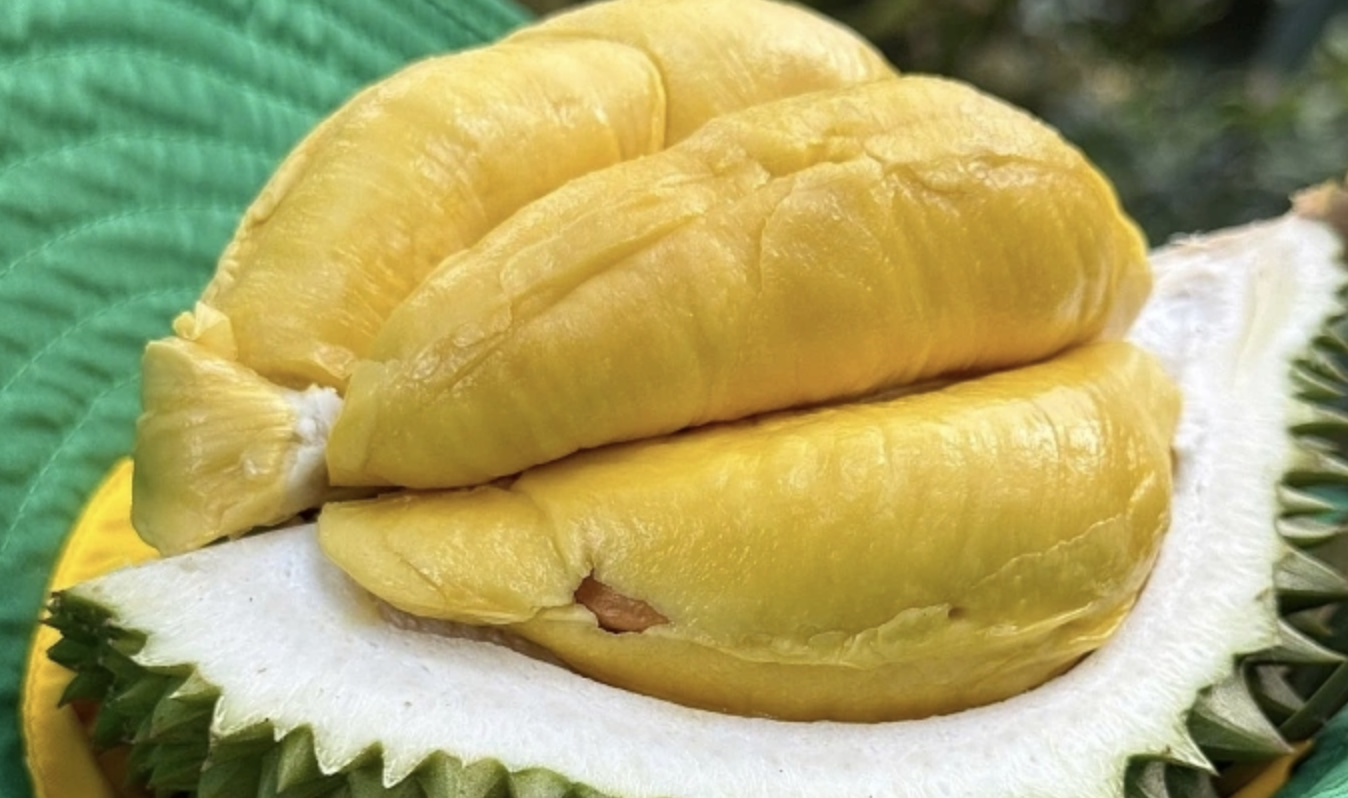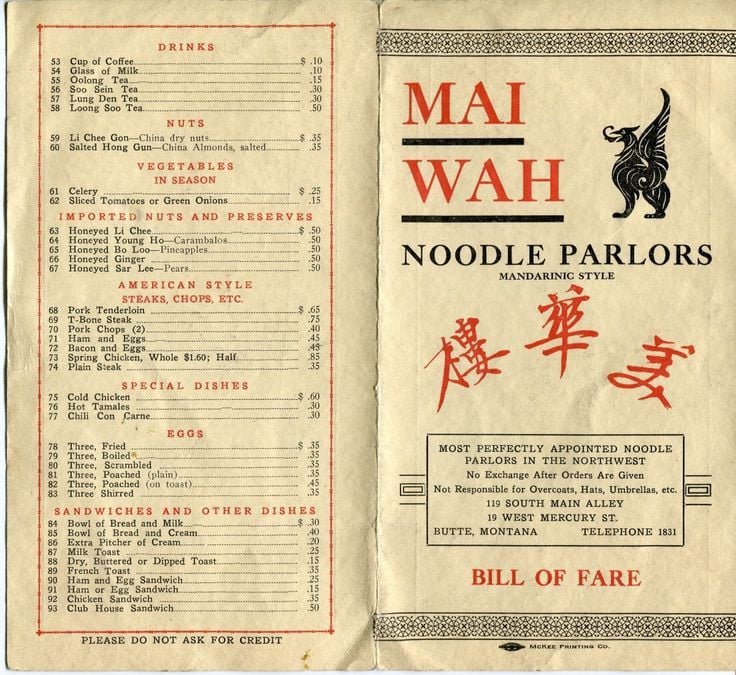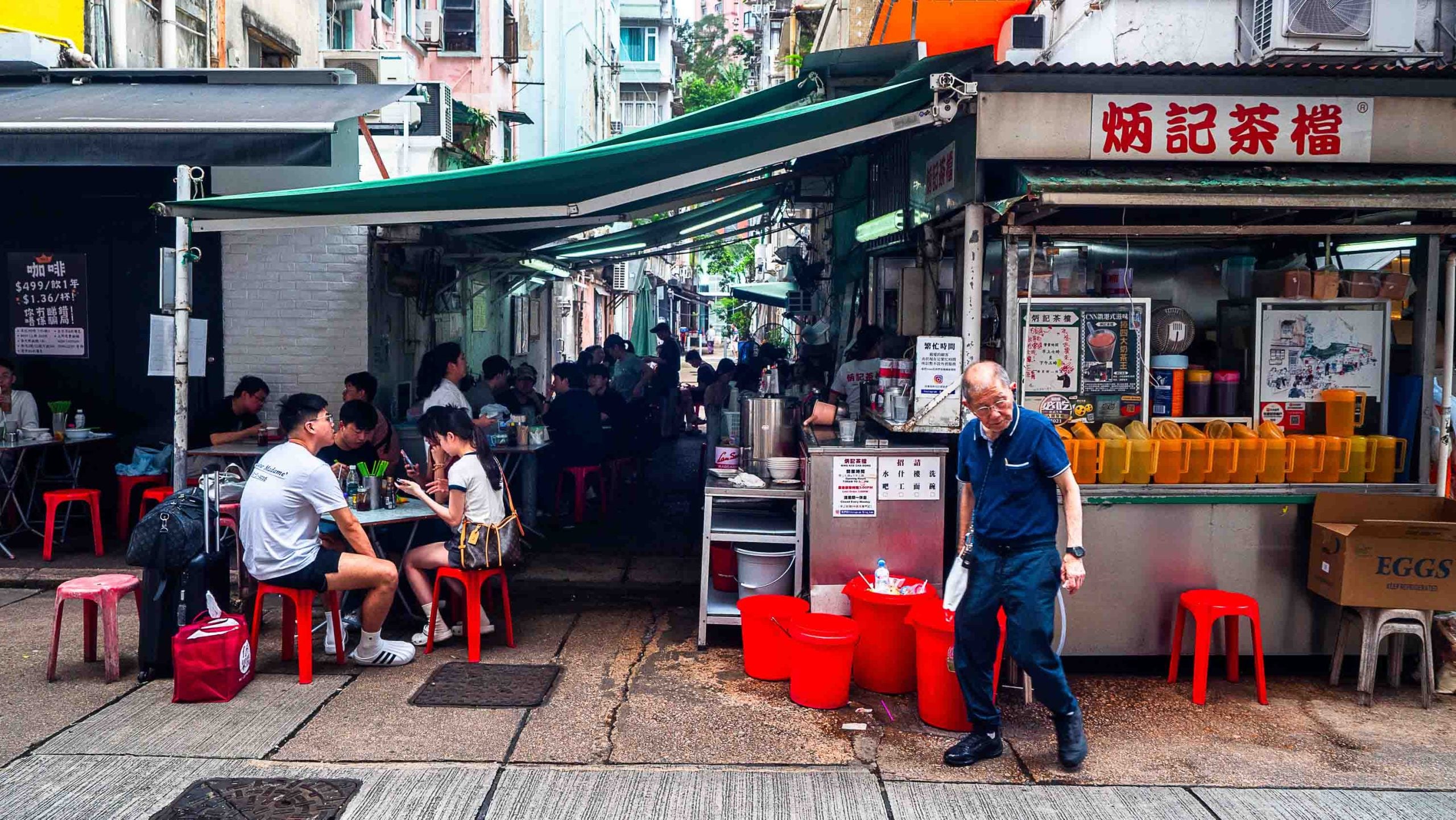Young China Plates is a monthly series in which we digest the latest food and drink trends making young Chinese people’s mouths water. This month, we explore the late-night food enjoyed by youth in China. Drop us a line if you have a suggestion.
Phoebe Jia, a 34-year-old pottery maker, recently went to the coastal city of Xiamen for an electronic music festival. Set atop a mountain, with the beautiful seaside scenery and islands around her, she danced and partied with the crowd until midnight. After the party, she ate some barbecue on the beach.
“The smell of the ocean mixed with the barbecue smoke on the beach is my happiest memory of the trip,” Jia says.
Like many Millennials and Gen Zers in China and elsewhere, Jia regularly goes out for a beverage or two. She used to live on a street packed with bars when she was studying and working in Milan, Italy.
“It was just easy for me to go out drinking because I could just walk two minutes and go upstairs to sleep afterward,” she says.

Jia partying in Milan. Image courtesy of Phoebe Jia
Now relocated to the city of Jingdezhen in Jiangxi province, known as the porcelain capital of China, Jia still goes out at least three times a week.
Naturally, after a big night out, she often gets a hankering for late-night eats, or ‘drunkchies,’ as some call it. But as a health-conscious individual, Jia tries to stick to low-calorie foods as much as possible, such as cucumbers, tomatoes, chia seed yogurt, and konjac jelly.
But when it comes to after-clubbing food for China’s party animals, health is less of a concern. Rather, a simple and almost universal objective prevails: nearby eateries with tasty edibles.
Central in the Venn diagram of these two parameters are three main options that we’re exploring in detail below: breakfast food, noodles, and congee.
Late-night Breakfast
You know the routine: party until late night turns to early morning, drag yourself to a Denny’s or some other classic American diner, then pass out with a few thousand calories of breakfast food in your belly.
Now, dear reader, allow us to introduce you to the Chinese equivalents to the classic college post-piss-up dining experience recounted above.

People lining up for Xu’s first breakfast shop at night. Image courtesy of Xu Junwen
When Xu Junwen opened his first breakfast shop in Shanghai some 20 years ago, it was a stall around the corner from a main road. In the beginning, it would open at 2 AM, but as more and more customers came, he gradually extended its hours of operation to 24 hours a day and opened a second shop.
Xu started out by only selling the so-called ‘four Shanghainese breakfast warriors’ (si da jingang, 四大金刚): sesame pancakes (dabing, 大饼), fried dough sticks (youtiao, 油条), soy milk, and steamed glutinous rice with fried dough wrapped inside (cifantuan, 粢饭团).
Now, the menu also includes noodles, rice, and other options to attract more customers.
Still, most orders come after 10 PM, Xu tells RADII, because “people want to eat something to warm up their stomachs after drinking, such as soymilk, congee, and youtiao.”
Some people drive long distances to visit the shop, he recalls. One customer recently took a cab there and bought all the sesame balls. (Sesame balls are genuinely outstanding, and international athletes who competed in the Beijing 2022 Winter Olympics loved them too.)
Another recent trend for late-night breakfast is eating baozi, or buns, at night. The food trend went mainstream last year after a baozi shop in the spicy hot pot Mecca of Chengdu went viral, in part because it is only open five hours a day, from 8 PM to 1 AM. It has since expanded across the country, with shops in first-tier cities like Shanghai and Shenzhen.
Even though the shop only offers three flavors of hand-made steamed buns, young people are lining up for the store’s edgy looks and unique dining concept — eating baozi after booze-fueled late-night parties.
Noodles
Dirbig, 32, is a Beijing-based music producer and a regular partygoer. In the past 10 years, he’s spent at least one day a week hanging out at nightclubs with friends.
His regularly visited nightspots include almost every popular haunt in Beijing, such as PH, Fresh, One Third, Sir Teen, Zhao Dai, Heaven Supermarket, and Soundcheck.

Dirbig DJing at an event. Image courtesy of Dirbig
After partying until 4 — or even 6 AM, Dirbig and his friends often go somewhere nearby to eat a quick and cheap late-night supper.
“After partying all night, I’m very tired and just want to fill my stomach quickly and go home to sleep,” he says.
His favorites range from barbecue to hot pot and noodles. But he notes one noodle shop, in particular, that stands out as “a standard of nightlife” in Beijing.

The noodle shop lacks a sexy environment but it still drives young people crazy. Image via Dianping
The shop is in a prefab building located in a parking lot. Even though the environment is not great and the food doesn’t taste outstanding, Dirbag says people go there for casual chats, more drinks, and sometimes even to hunt for love.
“It got popular because there are many good-looking diners. Most people who go there at night are coming from nightclubs and bars,” he says. “You want to eat something warm after drinking, so it’s good to have some hot noodles, no matter how late you go.”
You might also like:
 Chinese Youth Take Their Love for Instant Noodles to the Next LevelFrom salmon-topped noodles to a Shanghai restaurant with over 100 varieties of instant noodles, China’s youth are tricking out cup noodlesArticle Dec 15, 2021
Chinese Youth Take Their Love for Instant Noodles to the Next LevelFrom salmon-topped noodles to a Shanghai restaurant with over 100 varieties of instant noodles, China’s youth are tricking out cup noodlesArticle Dec 15, 2021
Steven is also a night owl based in Beijing. He praises another noodle shop in the city in an interview with Yoho magazine. He describes the restaurant as “the exclusive late-night store for the night animals in Beijing,” with the best location in the city. It’s open from the evening until 5 AM.
“You always need some noodles before and after drinking, which can either settle your stomach or sober you up,” Steven says.
Congee
Commonly found in many Asian countries, this 3,000-year-old rice porridge remains a staple of young Chinese people’s diets. It is typically eaten as ‘comfort food’ during the cold winter season or after a night of drinking.
“We have this tradition of eating congee late at night,” says Yang Weiqiang, who inherited his congee restaurant from his grandfather four decades ago.
He’s based in the Shunde district of Foshan in Guangdong province, an important region in the history and origins of Cantonese food. (It’s even recognized as one of UNESCO’s Cities of Gastronomy).
Sik je zuk (食夜粥) is a Cantonese slang term for the practice of eating congee at night. In old times, wives of kung fu practitioners would make congee for the masters and students who practiced until midnight.
Nowadays, the average Southerner isn’t regularly training in kung fu, but the habit of sik je zuk is still alive and well, particularly among young students.
“Now it’s mostly young people coming after 11:30 PM, especially this year,” Yang says. “Usually, more than 10 students come together, especially during holidays, to fill their stomachs after drinking or have another round of drinks here.”

Yang’s restaurant has been around for decades. Image courtesy of Yang Weiqiang
Though the restaurant is not next to any clubs or bars, Yang tells RADII people still come to hang out and kill time after a long day of work. It’s not technically an open-air food stall (da pai dong, 大排档) any longer, but it retains that old-style feeling that keeps driving people back.
“I feel emotional when I see regulars that used to come as kids and have now become fathers themselves,” Yang says.
Young people may grow old, but the desire to have fun, hang out, and, indeed, enjoy a late-night snack don’t always fade with age. In fact, for some, the desire may grow stronger.
Cover photo designed by Rubie Chen and Haedi Yue


















